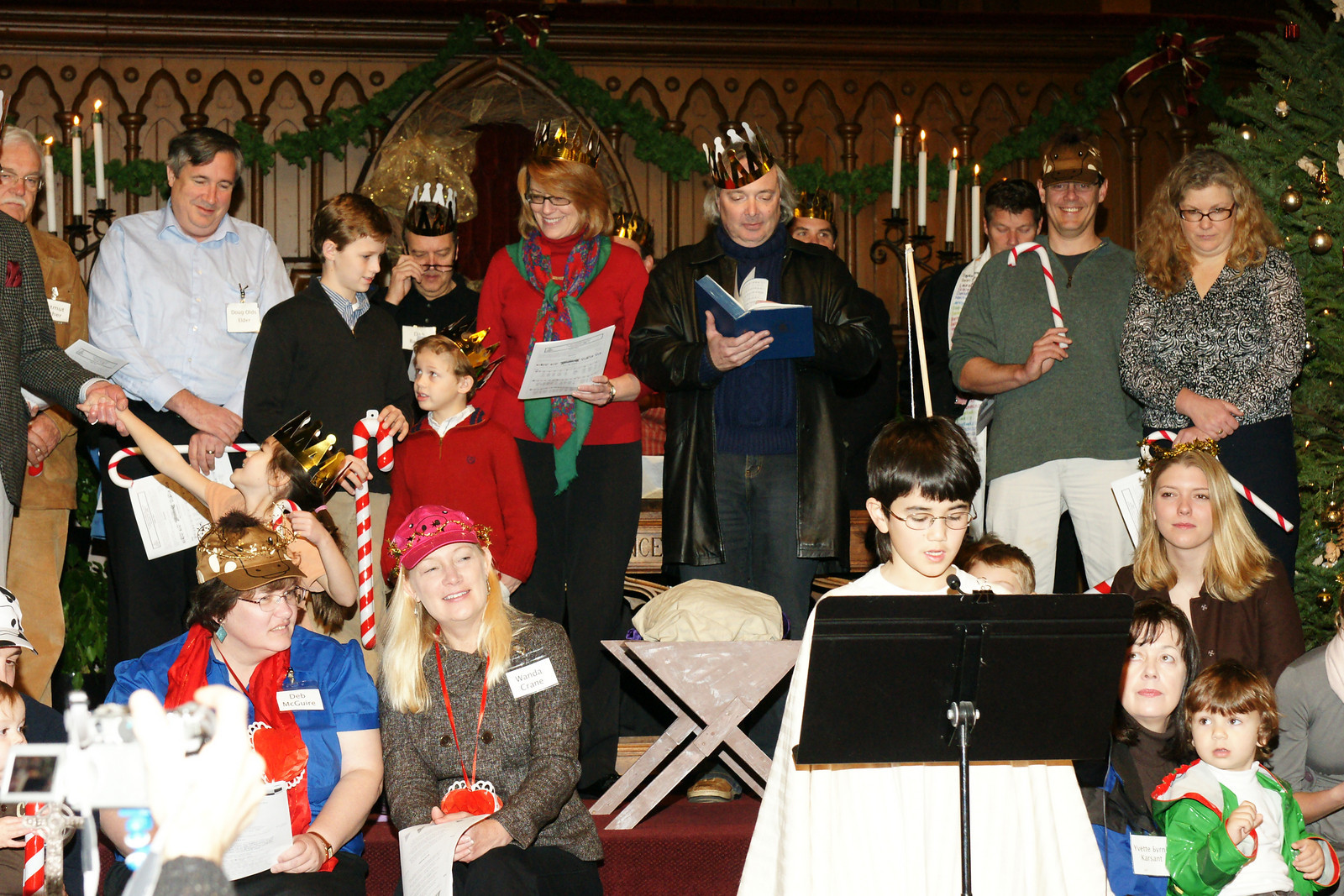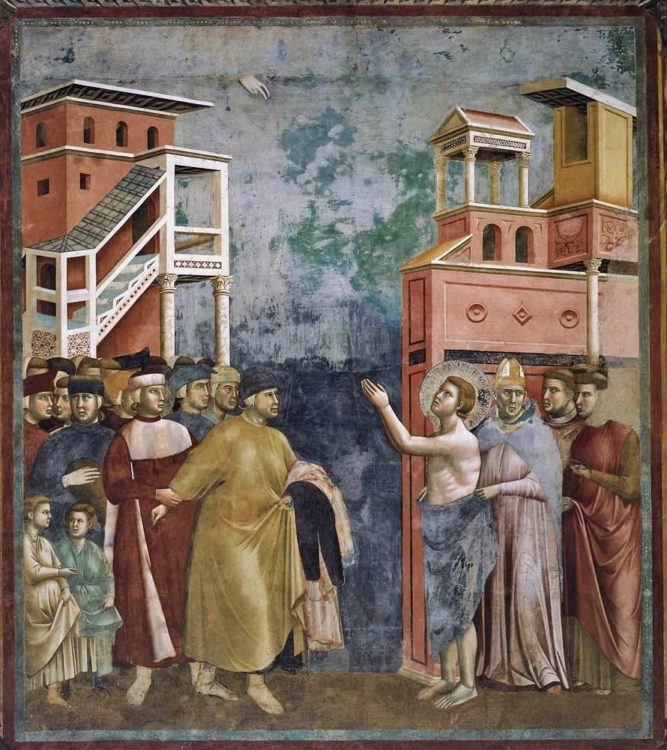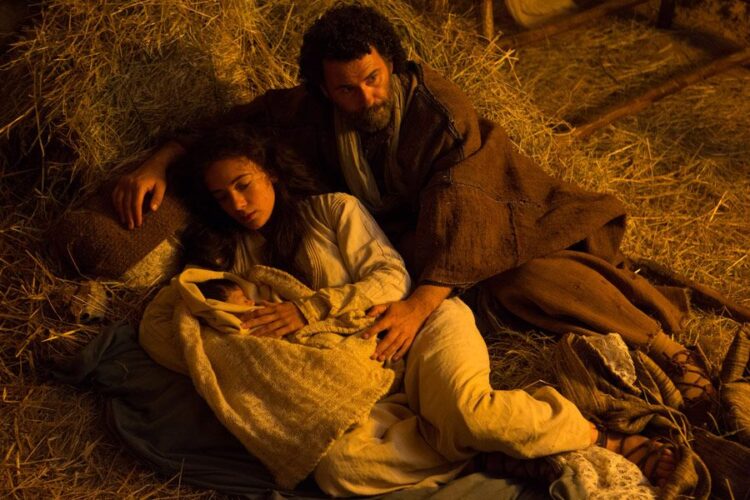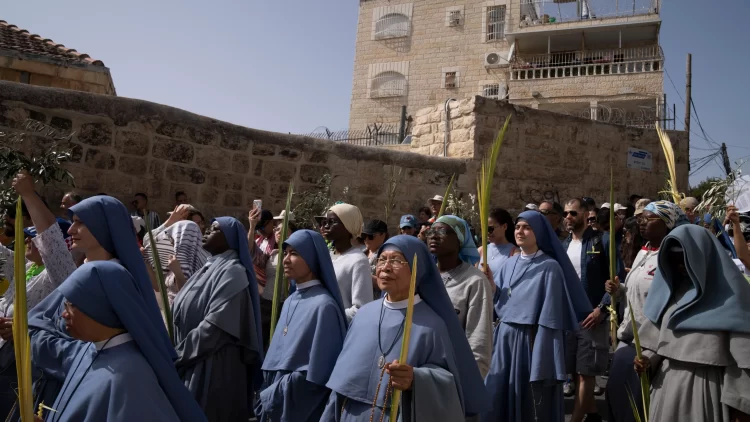This is based on a homily I preached at the Friday Eucharist in the chapel of St. Augustine’s Episcopal Church on December 15, 2023.
Friday in Advent Week 2 (6)
Text: Matthew 11:16—19
What can attract people to church? I served in parish ministry for forty years in five congregations. I was ordained in 1969. That year may be taken as the beginning of the decline in the mainline denominations as the children of the baby boomers began to find their way out of the churches in which they had been baptized and confirmed. That generation of baby busters was followed by the millennials and then generations X, Y, and Z. We’re at a point where there are few children left to leave the church. The current generation of young adults have been mostly raised unchurched. Many self-identify as “none” when asked about their religious affiliation. Moreover, the birth rate continues to decline, which contributes to shrinking congregations. I think the denominations have finally given up producing glitzy evangelism programs to grow the churches which all ended up in the recycling bin.
Christmas is coming and many churches expect to have their peak attendance on Christmas Eve. Hope springs eternal that if they put forward their best music and preaching people will be inspired to return on the following Sundays. It just doesn’t happen. It’s the same with Easter. as
Who will be attracted to Christ, much less to Christ’s church in its institutional forms? Jesus himself recognized that he was not a draw. He noted with sarcasm that people criticized his cousin John the Baptist for leading an ascetic life in the wilderness, “neither eating nor drinking,” and the Son of Man as a “glutton and drunkard” for eating with tax collectors and sinners.

That wild man John wore camel skin and ate locusts and honey. Yet many came out from Jerusalem into the wilderness of Judea to hear his call to repentance and to be baptized by him in the Jordan River, Jesus among them. It would seem that John was drawing crowds until his life was cut short when he was arrested, imprisoned, and beheaded by Herod Antipas. John was a prophet both for preparing the way for the coming Messiah and for criticizing the morals of the governing authorities. That may have attracted some of the crowds who went to hear him.

Who is attracted to God’s prophets today? The English writer G. K. Chesterton (1876-1936), probably most known for his Father Brown mysteries (although the popular BBC series bears little resemblance to Chesterton’s little London priest who was able to solve crimes because he had heard it all in the Confessional), wrote a little book in 1908 entitled simply, Orthodoxy. In it, Chesterton discussed the reasons he why he was finding his way back to Christianity and eventually to the Catholic Church. He said that he was not convinced by arguments for Christianity but by all the arguments against it. It seemed to him that every argument could be used against it. In the chapter on “The Paradoxes of Christianity,” he listed many of them. He concluded that there was not a single stick that could be used to beat on Christianity, but that every stick could be used against it. It’s too otherworldly. It’s too aligned with the powers of this world. It counsels pacificism (“turn the other cheek”). It instigates religious warfare (popes called for crusades against the Muslims in the Holy Land).

Chesterton concluded that if every argument could be used against Christianity, there must be some truth in it. And he saw that Christianity was most right when it embraced what the world regarded as most wrong. Because basically the church of Christ is not of this world – “world” understood as a social-cultural system — even if it used worldly means.
The church has always offered beliefs and practices that are counter-cultural. While the world engages in several months of a commercialized Christmas, congregations during Advent heed the call of John the Baptist to fast and repent. We have even proposed restoring the ancient seven-week Advent to counter the extended secular Christmas. (See https://frank-answers.com/frank-answers-about-a-seven-week-advent-season/) Then, when the world is exhausted by Christmas and discarding their Christmas trees on December 26, we continue with twelve days of feasting.
Obviously, we can’t totally ignore the secular world, and, quite frankly, we need education in practices of fasting and feasting. (See https://frank-answers.com/frank-answers-about-our-problem-with-fasting/) But, as we read in Luke’s Gospel, John the Baptist wasn’t calling people to become solitary ascetics like him in the wilderness. Rather, he admonished, “bear fruits worthy of repentance.” He even gave examples. “Whoever has two coats must share with anyone who has none; and whoever has food must do likewise” (Luke 3:11). Tax collectors should only collect what is owed. Soldiers should not extort money from subjected people but be satisfied with their wages. In other words, do what is merciful and just.
Just doing what is merciful and just would be counter-cultural in the world in which we live. And, I know from experience, that the church’s social ministry has attracted some people to the community of Jesus. Advent and Christmas are prime times for Christians and other people of good will to feed the hungry, clothe the naked, and provide shelter for the homeless. Pulpits should resound with prophetic words about worldly rulers in the spirit of John the Baptist, the Advent figure who calls us all to repent in anticipation of the coming kingdom of God. Amen.
Pastor Frank C. Senn
Note: the image above this post shows an impromptu Christmas pageant. In small congregations that have few children and who are notoriously difficult to get to rehearsals, the pageant is put together as it is being performed. The narrator calls for volunteers for each character in the Christmas story (both humans and animals). They come forward and put on the costumes that have been provided. The cast becomes intergenerational.
Below is a family provided with shelter as well as food and restroom facilities through a program called Family Promises. Yes, even on Christmas there is “room in the inn” for families seeking accommodations.






